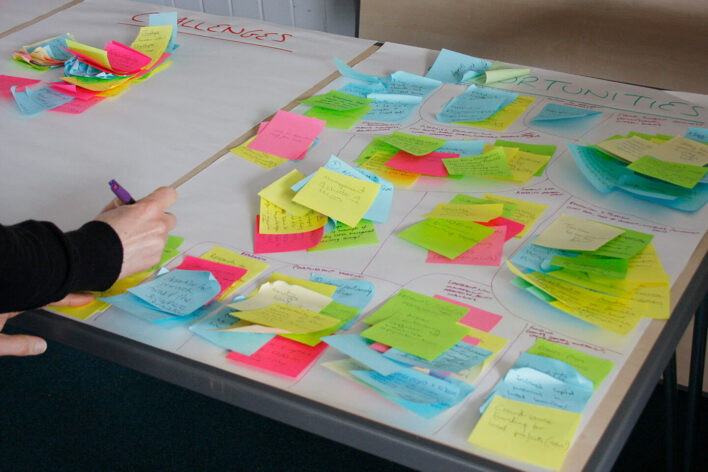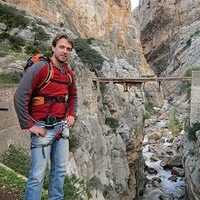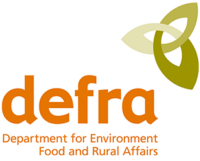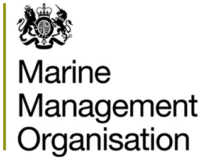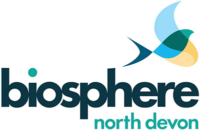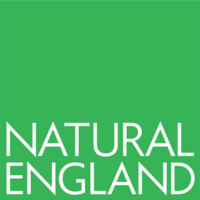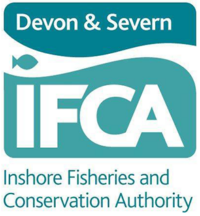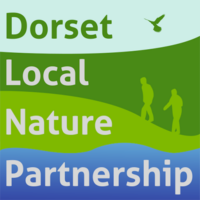Project team
Why it matters
The region’s marine sector supports over 29,000 jobs and contributes direct impact Gross Value Added (GVA) of £1.4bn and aggregate GVA (including sector multipliers) of £3.6bn1. The marine environment influences the region’s culture, shapes coastal communities and benefits human health and wellbeing. Marine habitats have the potential to mitigate climate change by storing carbon, supporting sustainable marine industries and
underpinning a blue economy. However, this marine’s natural capital, with a national estimated value of £211bn2 , is threatened by human activities, population growth and
climate change.
The UK government’s 25 Year Environment Plan (25YEP) aims to improve the environment by adopting a natural capital approach, encompassing a longer-term, more holistic approach than in previous policies.
Four Pioneer Projects, including the North Devon Marine Pioneer, were established in 2016 to develop guidance around how a natural capital approach could be applied to a specific geographical area in order to best manage it for the benefit of the environment, economy and people. The Pioneer explored a range of management topics such as joining-up planning and delivery, exploring novel funding mechanisms and sharing lessons.
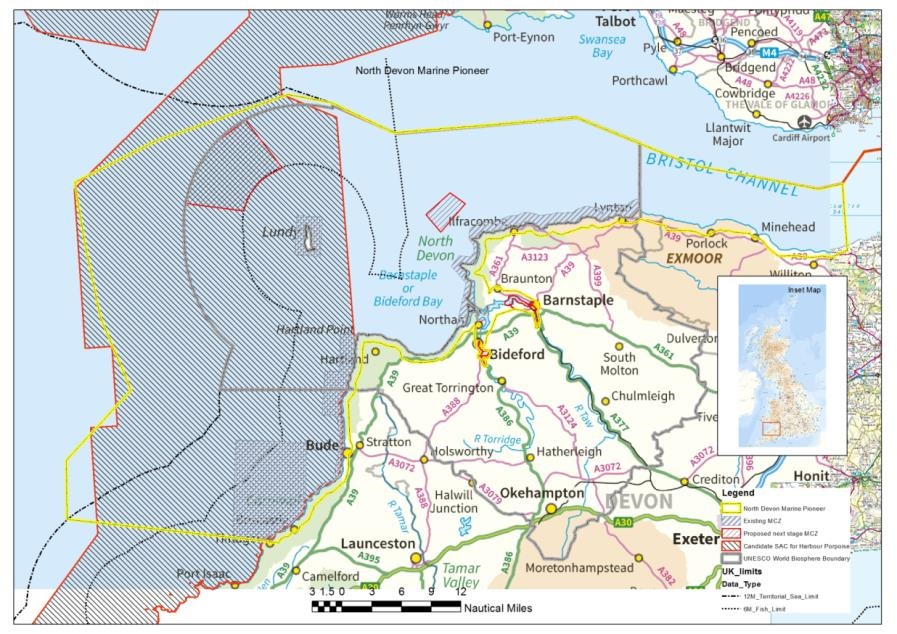
Partners
Without going on that journey with SWEEP and the decision-makers, I don’t think we would have reached the point of thinking about having a Marine Natural Capital Plan.
Aisling Lannin, Marine Management Organisation
What we did
We co-developed three novel natural capital assessment tools and approaches:
- Natural Capital Asset and Risk Register – a ‘first of its kind tool’ for the marine environment. The Natural Capital Asset and Risk Register was developed to document the extent and condition of natural capital assets, and stocks and flows of ecosystem services in the North Devon Marine Pioneer. It was used to identify threats to key natural capital assets and recommend optimal future management strategies. Development of this tool was preceded by the Geodatabase which consolidated existing economic, social and environmental data for the area to develop indicators for evaluating impact, natural capital, ecosystem services and benefits.
- Innovative framework for integrating Natural Capital into Sustainability Appraisals. In direct response to stakeholder requests, the team developed a framework and guidance for incorporating the natural capital approach into Sustainability Appraisals – a legal requirement for planning authorities. They created a preliminary assessment for the North Devon Marine Natural Capital Plan and demonstrated that it could enhance methods for assessing impacts on natural capital assets and ecosystem services.
- Options for application of a marine ‘net gain’ approach to planning. The 25YEP seeks to embed ‘biodiversity net gain’ within planning – a requirement that will feature in the forthcoming Environment Bill, but only for terrestrial developments. The team generated recommendations on how the ‘net gain’ principle could be applied to the marine environment for both biodiversity specifically, and natural capital and ecosystem services more widely.
Impacts & benefits
- Enhanced marine stakeholder engagement and changing perceptions – The team’s approach to stakeholder engagement connected over 120 individuals from 60 organisations, building social capital between academics and stakeholders which, in turn, positively influenced attitudes towards using natural capital approaches to inform marine management decisions.
- Influenced marine policy and implementation nationally and in North Devon – SWEEP accelerated the delivery of the North Devon Marine Pioneer Programme and provided the underpinning evidence to many of its recommendations. This pioneering application of the natural capital approach in North Devon, underpinned by the Natural Capital Asset and Risk Register, is informing implementation of the UK government’s 25YEP and decision-making in the North Devon Biosphere Reserve, a UNESCO World Heritage site.
- Delivered innovation in Marine Protected Area (MPA) management and funding – Working alongside the WWF UK Seas Project – which seeks to improve management of MPAs – SWEEP directly contributed to development of the Compass tool, designed to assess the effectiveness of MPAs. Following successful application in North Devon, the Compass was rolled out for use in the UK and overseas. SWEEP also informed WWF’s work on Sustainable Financing Mechanisms for MPAs which led to development of the Blue Impact Fund, a new approach seeking to catalyse investment in MPAs.
- Strengthened inshore approaches to sustainable fisheries management – SWEEP’s Asset and Risk Register provided robust scientific evidence to inform Devon and Severn IFCA activities and MMO licensing decisions, providing additional leverage to promote a more holistic ecosystem-based approach to marine decision making. It is anticipated that SWEEP outputs will also strengthen the North Devon ‘Fisheries Research and Management Plan’.
- Developed methods to incorporate natural capital into marine planning – SWEEP developed an innovative framework for incorporating a natural capital approach into Sustainability Appraisals bringing existing planning systems in line with government ambitions. Streamlined reporting within impact assessments ensures the natural capital of an area – at strategic and site levels – is properly valued and considered in planning decisions, and environmental improvement ambitions are realised.
SWEEP provided the gold-standard for how to create an ecological and socio-economic baseline for an MPA.
Sarah Young, WWF
Looking to the future
The SWEEP team continues this pioneering work by:
- Creating further opportunities for integrating marine natural capital into plans and policies;
- Piloting and refining the Sustainability Appraisal framework and expanding its use into marine Net Gain and environmental impact assessment;
- Supporting Cornwall Council to develop key performance indicators for marine natural capital;
- Developing options for Sustainable Fisheries and certification schemes;
- Exploring sustainable recreation futures linked to green/blue natural capital
